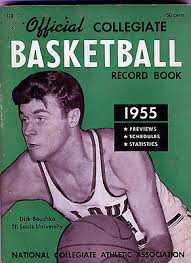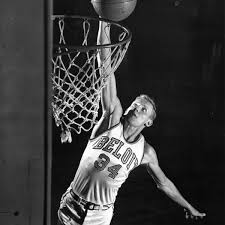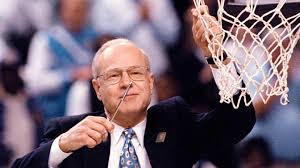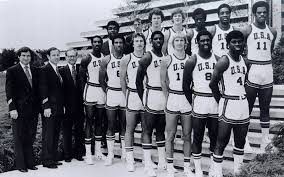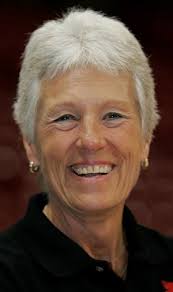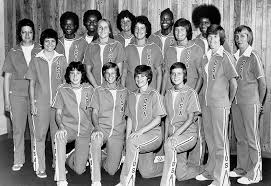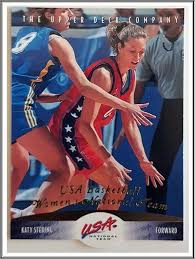The NBA Finals date back to 1947 (when they were known as the Basketball Association of America Finals) and the very 1st NCAA tourney was held in 1939. Olympic basketball competition is even older: it debuted as a demonstration event in 1904 and the men’s version became a medal sport in 1936, with the women finally getting their chance to go for the gold in 1976. The United States has dominated Olympic basketball competition from the start: the men have won 15 gold medals in the 18 tournaments they have participated in during the past 84 years, while the women have won 8 gold medals in the 10 tournaments in which they have competed during the past 44 years. Those of you who were looking forward to the 2020 Olympics opening ceremonies in Tokyo on July 24, 2020 will have to wait an extra 364 days, as the coronavirus caused a postponement until July 23, 2021. Due to the absence of college basketball since mid-March, HoopsHD’s Jon Teitel decided to fill the void by trying to interview as many prior Olympic players/coaches as possible so that you have something to read this summer while not watching the Summer Games. We continue our coverage by chatting with Pat Boushka about his father Dick winning a gold medal in 1956. Today would have been Dick’s 86th birthday so we are proud to honor his memory.
Your father was born in Illinois and went to high school in Wisconsin: what made him choose St. Louis for college? He was always a big St. Louis sports fan and the university had a strong athletic program.
He played for Hall of Fame coach Eddie Hickey: what made Hickey such a great coach? My dad had a great love for Coach Hickey and credited him for being 1 of the most influential people in his life.
His career scoring average of 19.3 PPG still ranks #2 in school history and he was the highest-ranked geophysical engineering major in his class: how was he able to balance his work on the court with his work in the classroom? The advice he gave to myself and my brothers was to be very organized and have good time management.
He won a gold medal with team USA at the 1956 Olympics: what did it mean to him to represent his country, and what did it mean to him to win a gold medal? He was always proud of that opportunity/experience: it was 1 of the highlights of his life.
He won another gold medal with team USA at the 1959 Pan Am Games in Chicago: how did he like playing with a pair of legends in Oscar Robertson/Jerry West? There were a few legends on the 1956 team as well. He enjoyed playing with some of the best players in the history of the game.
He was drafted by the Minneapolis Lakers but chose to play for the Wichita Vickers of the AAU, and at age 29 he became president of team sponsor Vickers Petroleum: how was he able to make such a smooth transition from player to president? It goes back to balancing academics and athletics in college. He applied that to his work life as well: discipline/focus/etc.
In 1987 he was named President of the Naismith Memorial Basketball Hall of Fame: how did he get the job, and what was the best part? I do not remember much about that but he stayed very close to the game after he stopped playing. He was a big relationship guy and loved the game so much.
In 1976 he was inducted into the Billiken Hall of Fame and in 2015 he was voted to the SLU Men’s Basketball All-Century team: where do those honors rank among the highlights of his career? I know that 2015 was a special moment for him. We had a lot of family around to see his jersey raised: it was special for all of us.
He passed away last year: when people look back on his career, how do you think that he should be remembered the most? He was a very friendly/outgoing guy. The same traits he developed during his basketball career served him well with his family.

